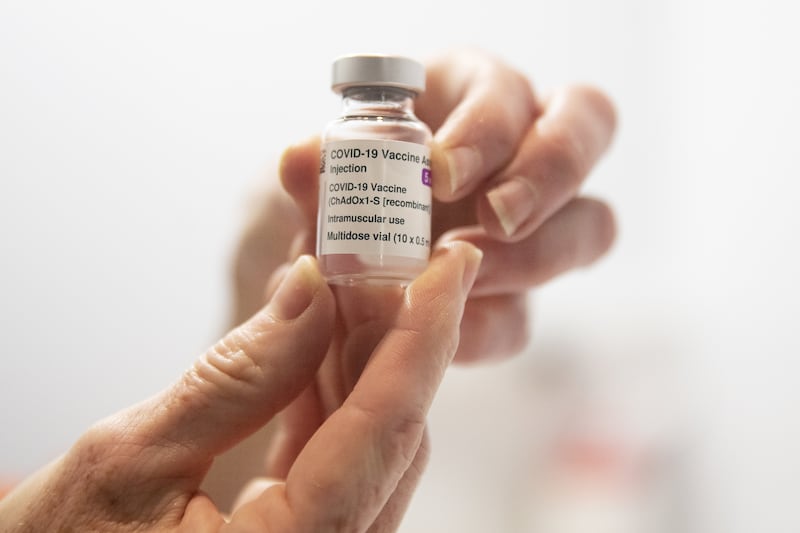Local "measures" may have to be put in place in areas with high numbers of coronavirus cases, according to Chief Scientific Adviser Professor Ian Young.
He told BBC Radio Ulster there was "considerable concern" at the fact 288 people had tested positive for Covid-19 in the past week and warned that "Covid fatigue" had set in.
The rise in confirmed cases "represents a tenfold increase, or more, of the virus compared to what we were seeing around the end of June, beginning of July", he added.
The two council areas where "the numbers are significantly higher" are Mid and East Antrim and Antrim and Newtownabbey. A 32-year-old woman who lived in Ballymena for over a decade and was originally from Romania died from Covid-19 last week. Floral tributes were left outside the town centre café in which Andreea Maftei had worked for 12 years.
On Friday August 14 Department of Health statistics said 74 people had tested positive, and they were mostly people working in healthcare. The following day 27 people tested positive. Last week Health Minister Robin Swann warned that the north is at "probably the most dangerous or riskiest" point of the coronavirus pandemic.
The most recent figures for the Northern Ireland Statistics and Research Agency (Nisra) show 859 coronavirus-related deaths to date.
Professor Young said while the level of new cases was high in the two council areas there is also widespread community transmission.
"We're getting close to the point, certainly in those areas with the highest numbers of cases, that we may have to consider whether any additional local measures are required," he told the Good Morning Ulster programme.
"I don't think we're at the point where we'd be considering measures across the whole of Northern Ireland because there are still many parts of Northern Ireland where, as a result of public behaviours and other factors, the level of virus remains at a low level."
Asked whether local measures could include lockdowns, he said "Lockdown is absolutely not a word I like in this context but additional local measures, some of that would include local restricitons and that's the type of approach which we've seen used in other countries."
Professor Young said the measures would "depend very much on the area concerned, the extent which the virus is transmitting in that area and what we understand are the most likely sources of infection in that area so there's not a one size fits all approach and it has to be on a case by case basis if it becomes required."
The chief scientific adviser said there is "undoubtedly" Covid-19 fatigue which "leads to complacency".
"I can understand it to an extent but we have to keep working hard consistently with the basic guidelines and make them embedded in people's lives."
He also said the advice "from purely a health perspective" is for people to continue to work from home where possible.
Professor Young stressed the importance of "clear and transparent communications" arnd "high-profile briefings where possible" as Northern Ireland marks six weeks since the last Stormont coronavirus briefings. The regular ministerial briefings ended after a row over Deputy First Minister Michelle O'Neill's attendance at the funeral of senior republican Bobby Storey.
In the Republic Taoiseach Micheál Martin said the upsurge in cases was "deeply concerning". He was speaking after 200 people were diagnosed in one day which was the highest daily rise since the start of May.
Read more:'Deep concern' at upsurge in Covid-19 cases says taoiseach







